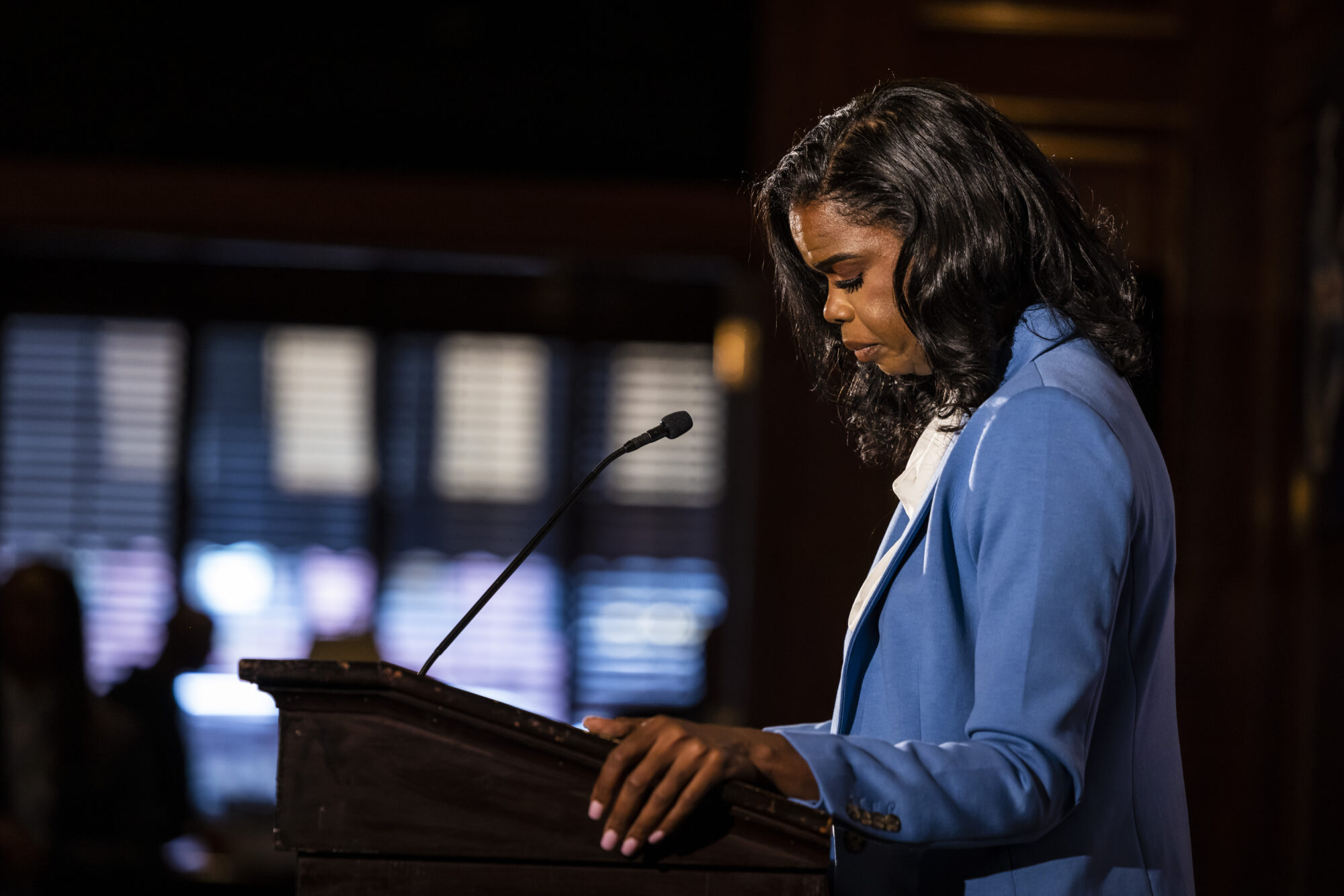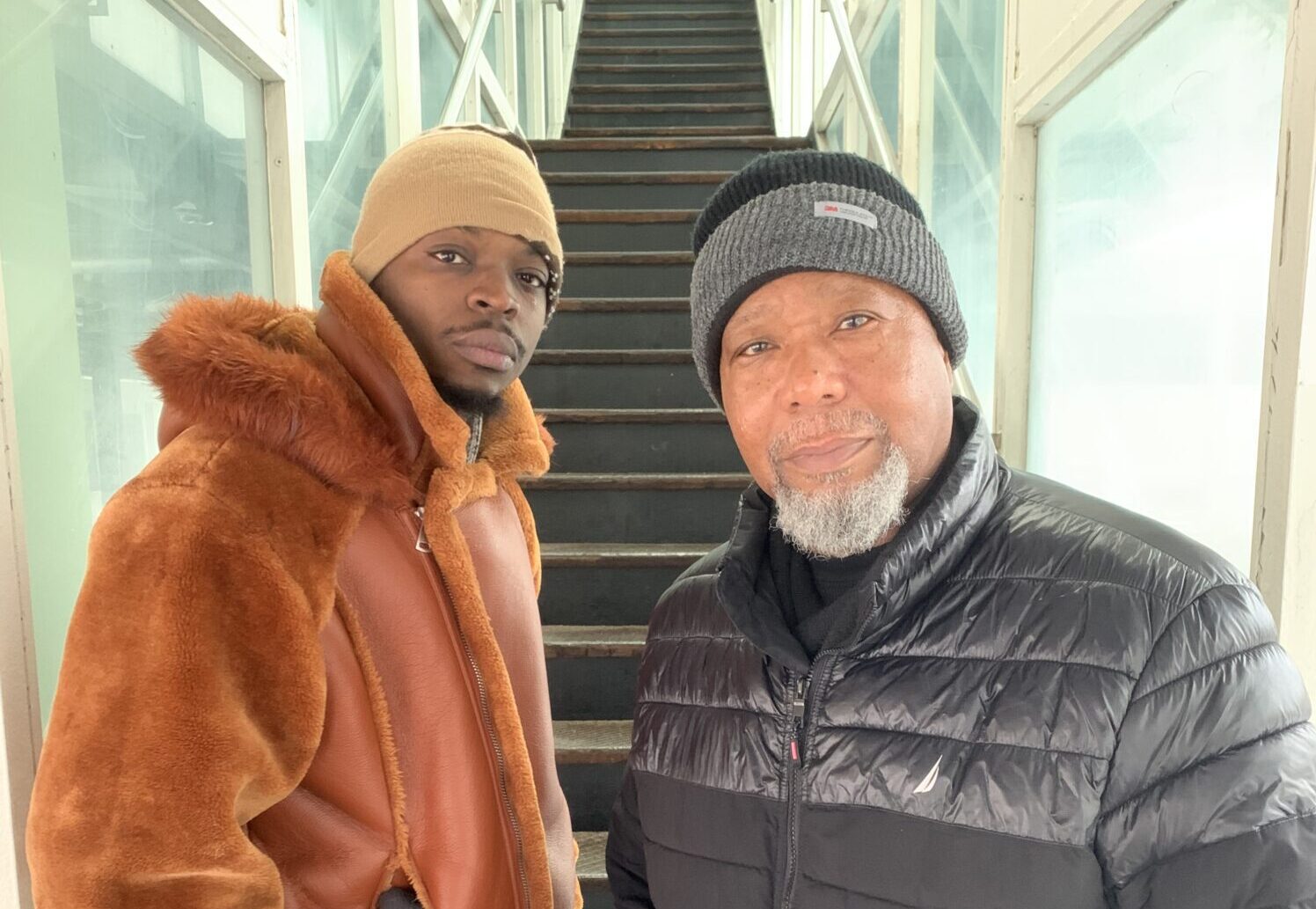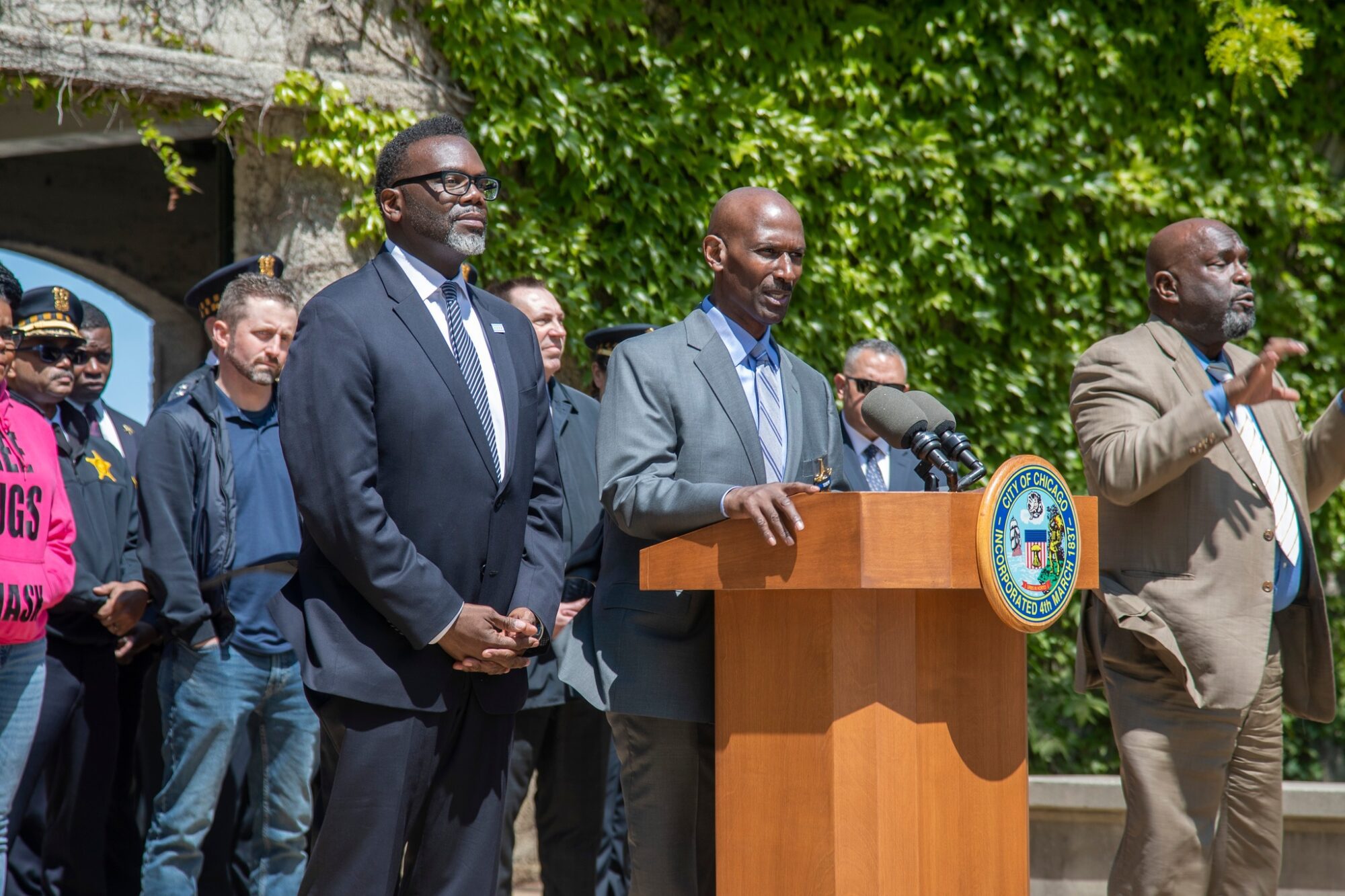Leadership Scandals Surround Chicago’s Wrongful Conviction Unit
Cook County’s new prosecutor will inherit a conviction integrity unit plagued by recent controversies that raised questions of prosecutor misconduct and conflicts of interest.
Shawn Mulcahy | March 14, 2024
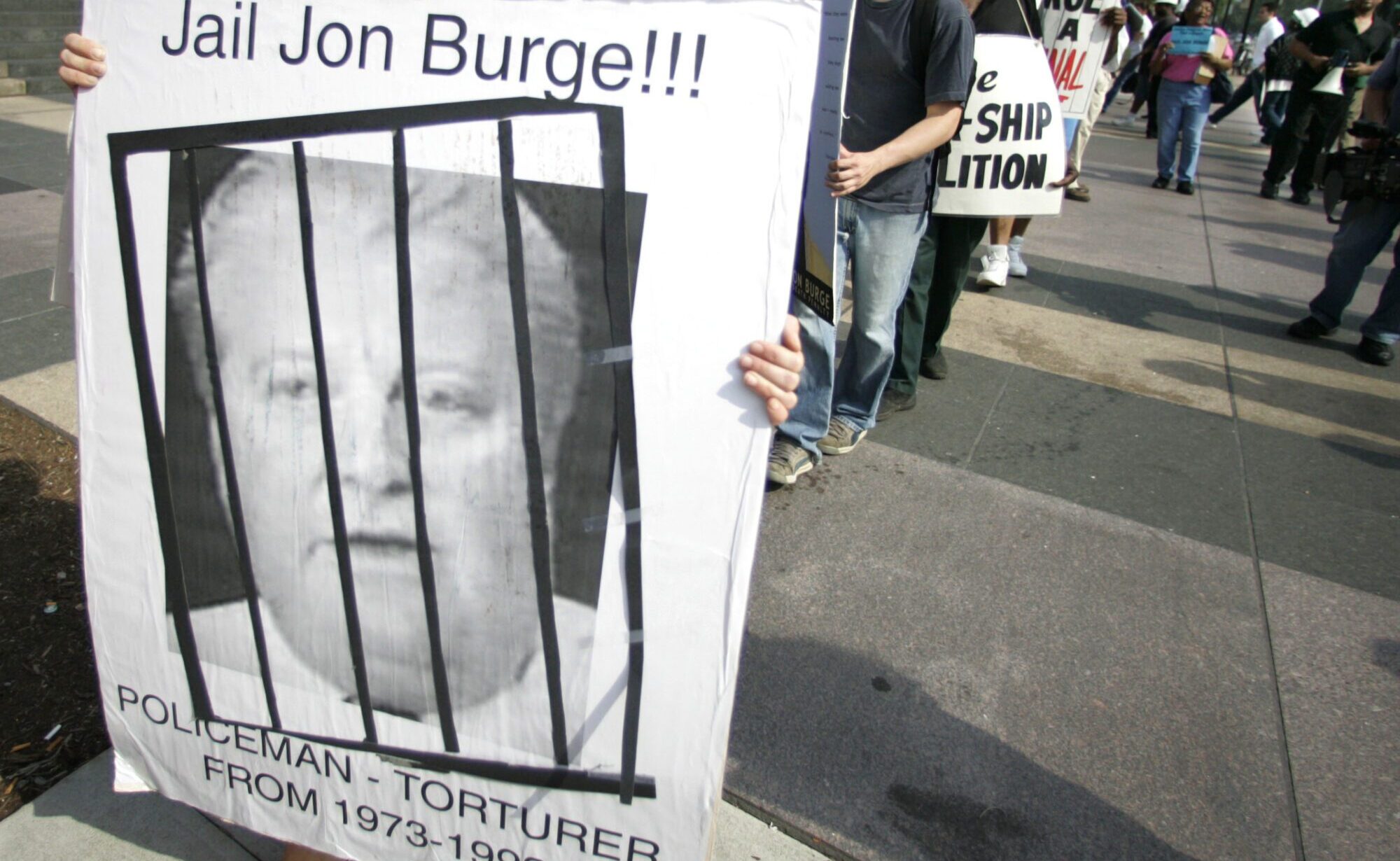

Cook County, home to Chicago and many of its suburbs, bears the infamous reputation as the nation’s wrongful conviction capital. The regimes of notorious, corrupt Chicago police ringleaders like Jon Burge and Ronald Watts forced or coerced hundreds of false confessions, leading to hundreds of exonerations in the years since their abuses first came to light.
Cook County State’s Attorney Kim Foxx, elected as a progressive reformer in 2016 to lead the country’s second-largest prosecutor’s office, made addressing the legacy of wrongful convictions a centerpoint of her tenure. After taking over the office, Foxx revamped its Conviction Integrity Unit (CIU), which had been launched by her predecessor, Anita Alvarez, to examine misconduct allegations or new evidence that call convictions into question. During Foxx’s almost eight years in office, prosecutors have overturned 250 convictions, almost three times as many as were overturned under Alvarez.
But the unit’s work has been overshadowed in recent months by public controversies. A former CIU leader quietly resigned in December, more than a year after defense attorneys accused her and other prosecutors of deliberately withholding exculpatory evidence for a decade. While Foxx has again tried to revamp the unit during her final months in office, a judge recently barred the unit’s new head from testifying in his courtroom over what he called a “conflict of interest” just weeks after she assumed the post.
Now, the unit and its future are again in flux. Foxx announced last April that she would not seek a third term, and the candidates vying to replace her have espoused different views of the agency and its role in the legal system.
Clayton Harris III, a longtime government worker and former prosecutor, has promised to build on Foxx’s legacy of reforms, including her efforts to overturn wrongful convictions. Harris, who is backed by local progressive leaders and the county’s Democratic party, said he’s had meetings with the Illinois Innocence Project and the Exoneration Project about how to manage the CIU and wants to improve its operations.
Currently, different types of cases are routed to different units within the state’s attorney’s office; when an incarcerated person files a post-conviction petition, for example, that case is handled by a member of a post-conviction unit, while cases involving innocence claims are sent to the CIU and resentencing cases are sent to the sentencing review unit. Harris says that if elected, he plans to combine those three units “so that there’s cross-pollination” among prosecutors working on similar cases.
“These are innocent individuals that were taken from their families that never should have been incarcerated,” Harris told Bolts in an interview. “So, let’s start there before anyone says another word.”
Harris’s opponent in the Democratic primary, former prosecutor and retired judge Eileen O’Neill Burke, has pledged to continue the work of the CIU if elected. But she has also come under fire for her own role in the 1994 wrongful conviction of a Black boy who was accused of murdering an older white woman. O’Neill Burke, who helped try the case, had at the time evoked the since-debunked “superpredator” myth, claiming the 10-year-old boy was part of “a whole new breed” of criminals.
O’Neill Burke, who has pledged to roll back some of Foxx’s reforms and crack down on gun prosecutions, has remained largely unapologetic both for her role in the wrongful prosecution and her previous comments about the boy. She told the Chicago Tribune last December that his confession was “compelling evidence” while declining to answer questions about her other remarks.
O’Neill Burke’s campaign, which has become increasingly critical of the reforms under Foxx in the days leading up to the primary, declined to make her available for an interview with Bolts but said in a statement that she supports a “robust conviction review unit.” Her campaign manager Don Black wrote that, if elected, O’Neill Burke would staff the unit with “the best prosecutors who will collaborate with other post-conviction units to share resources and improve efficiency.”
The winner of the March 19 Democratic primary will face off against Bob Fioretti, a progressive-turned-hardline conservative who, as a civil rights attorney, previously represented someone who was wrongfully convicted. Fioretti, who is unopposed in the GOP primary, faces steep odds in the November general election in the overwhelmingly Democratic county.
As the office changes hands, advocates like Joshua Tepfer say whoever takes the reins has their work cut out for them. As a civil rights attorney with Loevy & Loevy and the Exoneration Project, Tepfer has represented the vast majority of the people exonerated under Foxx. He says his issues with the office are less ideological than they are logistical.
In an interview with Bolts, he said the office’s current setup has created some “efficiency problems.” The CIU will only accept wrongful conviction cases where a person is making a claim of “actual innocence” that’s supported by new evidence that was not presented at trial. The CIU will not review cases on direct appeal and “may decline review during the pendency of post-conviction proceedings.” Usually, those appeals are handled by the office’s post-conviction unit.
“I don’t understand why I can’t litigate my cases if I think someone’s innocent. It doesn’t make a lot of sense to me,” Tepfer said. He supports efforts to create more collaboration across the post-conviction units, similar to the proposals from Harris and O’Neill Burke. “It should be a post-conviction and review unit and everyone who is handling post-conviction cases—whatever the case—should be analyzing them to determine whether or not we think justice was done,” he said.
In March 2016, just days after unseating Alvarez, Foxx boarded a plane to Brooklyn, New York, to meet with Kenneth Thompson, the Kings County district attorney, and Ronald Sullivan Jr., a Harvard University law professor. Working under Thompson, Sullivan had created and led what was considered at the time to be the nation’s preeminent wrongful conviction unit, having played a role in more than two dozen exonerations in fewer than four years.
With Sullivan by her side, Foxx charted an overhaul to Cook County’s CIU. One of Sullivan’s chief recommendations: The unit’s leader should be an outsider, particularly one with criminal defense experience, and insulated from the cases that came before them. To lead the wrongful conviction unit, Foxx tapped Mark Rotert, a defense attorney of nearly two decades and a former federal prosecutor. By the time he resigned two years later, Rotert had overseen the office’s first ever mass exoneration, in which cases for 15 defendants with connections to cops under Watts’s command were tossed out because the office concluded it couldn’t trust information provided by police.
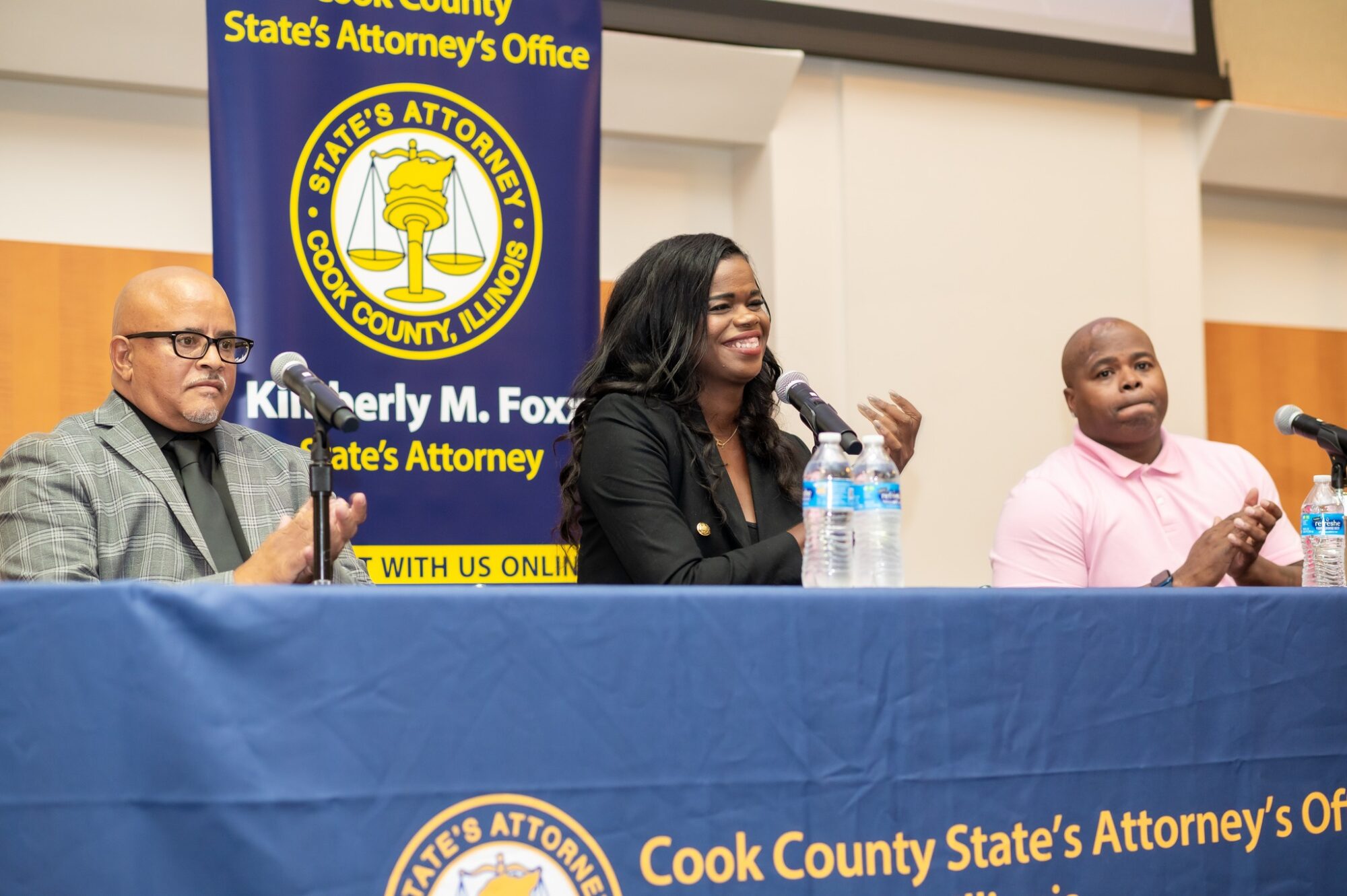

The CIU’s independence from the rest of the state’s attorney’s office didn’t last long, however. As Rotert’s successor, Fox selected a 23-year veteran of the office named Nancy Adduci. In addition to Adduci’s new role managing the wrongful conviction unit, Foxx allowed her to stay on as prosecutor in a trio of cases stemming from the murder of Clifton Lewis, a Chicago police officer who was shot in December 2011 while working off-duty as a security guard at a West Side convenience store.
Days after the shooting, police charged Tyrone Clay and Edgardo Colon, members of the Spanish Cobras street gang, with Lewis’s murder. By February 2012, the CPD had joined forces with federal law enforcement for a dragnet investigation they dubbed Operation Snake Doctor, intended both to build a case against a third suspect, Alexander Villa, and to neutralize the larger street gang. Colon, the alleged getaway driver, was eventually convicted of murder in 2017, but his conviction was thrown out in 2020 because an appellate court found that police questioned him after he repeatedly asked for a lawyer. Clay spent more than a decade behind bars awaiting trial, fighting to have his confession tossed out. Villa was convicted in 2019, but waited years to be sentenced while he pushed for a new trial.
Then, in fall 2022, one of Villa’s defense attorney’s subpoenaed the CPD and obtained a trove of records that cast a shadow over Adduci’s handling of the cases. Among 35,000 pages of internal police emails and attachments turned over was evidence that, as early as 2012, Adduci and Andrew Varga, another Cook County assistant state’s attorney, used private email addresses to communicate with investigators, shielding the documents from requests under Illinois’s open records law. In one email, officials discussed unreleased evidence that showed none of the three men charged in the killing were near the store at the time of the shooting.
Foxx pulled Adduci and Varga from the case in January 2023 and prosecutors dropped all charges against Clay and Colon that June—shortly before Adduci, Vargas, and former CPD superintendent Gary McCarthy were to be questioned under oath about their failure to turn over evidence. Villa, meanwhile, was sentenced in August to life in prison, after the judge in his case repeatedly rebuffed defense attorneys’ requests for a new trial.
At best, Adduci’s behavior gives a “terrible appearance of impropriety,” said Rachel Barkow, a law professor at New York University who studies the administration of criminal law. “At worst, you have somebody leading the conviction integrity unit who should’ve themselves been reviewed for the integrity of their own convictions.”
The person who leads the CIU should be “beyond reproach,” Barkow said, “and it appears that’s not the case here.” She said that the head of a wrongful conviction unit should not also be prosecuting cases. “Who’s gonna review her cases?” she asked.
Amid the fallout, Foxx in December announced another shakeup. After overseeing more than 180 exonerations, Adduci was replaced as head of the CIU by Michelle Mbekeani, senior policy adviser to Foxx and former staff attorney at the Shriver Center on Poverty Law. The newly rebranded Conviction Review Unit would “operate under the principle of participatory justice” by engaging with community members and criminal justice advocates, Foxx’s office said in a press release.
Less than a month after she was replaced, the Chicago Sun-Times reported Adduci was “no longer with the office.” A spokesperson wouldn’t say whether she resigned or had been fired.
Mbekeani’s time in the unit, meanwhile, has been no less turbulent. The day after Foxx’s rebrand of the unit, a website linked to a local right-wing operative’s network of fake newspapers posted a story accusing Mbekeani of running a “side business” that connects incarcerated people with innocence claims to attorneys. Mbekeani has said that her company, called Period, was a class project and never a real business, however University of Chicago press releases and blog posts show it received $75,000 in seed funding.
During a resentencing hearing in January, a Cook County judge called Mbekeani’s involvement in the venture a “per se conflict of interest” and removed her as prosecutor on the case. The judge also called Mbekeani’s answers to his questions about her involvement in Period “duplicitous, incomplete, evasive and untruthful,” and banned her from appearing on “any other case assigned to this courtroom.”
“I don’t see how there’s a conflict there,” Barkow said. It would only be problematic if Mbekeani were “involved in getting people counsel for cases before her.”
Fioretti, the Republican candidate for state’s attorney, called Mbekeani an “activist” whose job is “second-guessing prosecutions,” in a press release. “No one wants to put innocent people in prison,” the release said, “but the best way to stop that from happening is to do a thorough job as a prosecutor.”
During his distinguished career as a civil rights attorney, Fioretti once questioned whether the state’s attorney’s office could even fairly handle innocence claims. In the early 2000s, his client, LaFonso Rollins, was exonerated after more than a decade behind bars; Rollins ultimately settled a $9 million–wrongful conviction lawsuit with the city in 2006. That same year, Fioretti called for a special prosecutor to probe Rollins’s case.
“We do not believe the Chicago Police Department or the state’s attorney’s office can be impartial,” Fioretti said at the time.
Tepfer, the civil rights lawyer, said prosecutors now seem more aware that wrongful convictions happen due to police misconduct after years of abuses coming to light. Foxx made it a priority to address some portion of the innocence claims that have surfaced in recent years, particularly around the scandals involving police who coerced confessions.
But preventing wrongful convictions and reforming the conditions that lead to them requires a larger cultural shift inside the state’s attorney’s office, Tepfer said. “It’s gotta be foremost on any candidate’s agenda,” he said. “It has to be a policy—or something that is trained throughout the office—to question cases and scrutinize cases as they come in, whether it’s through current cases and charges or it’s through a review of old cases.”
Sign up and stay up-to-date
Support us
Bolts is a non-profit newsroom that relies on donations, and it takes resources to produce this work. If you appreciate our value, become a monthly donor or make a contribution.


